Student Behavior and School Climate
School-wide Expectations
During the first few days of school and throughout the year, teachers will outline individual classroom behavioral expectations for students and parents. Starr King students are expected to be Peacebuilders and to abide by our three values: Be Safe, Be Respectful, Be Responsible. Expectations are taught for each area where students are present such as the classroom, hallway, bathroom, cafeteria, and playground.
Peacebuilder Pledge
As a part of our peaceful school initiatives we regularly use the Peacebuilder Pledge to reinforce positive behavior. All students learn the pledge and many are excited to get on the mic and lead the school during the morning assembly.
Self-regulation
To assist students in the process of managing their behavior in order to meet expectations and have a productive school day, teachers demonstrate breathing techniques and model social skills and restorative conversations during regular circle time. When student behavior distracts from learning the student may be asked to take a quick break, either in a quiet section of the classroom or in the school wellness center. Typically, a break lasts 5-10 minutes, and then the student is expected to return to the classroom and resume learning.
Positive Behavior Supports
When students meet behavior expectations they are rewarded with “Hawkeye” tickets. Students save their Hawkeyes to purchase special events and prizes. They may find a special toy in the Hawkeye store which is open during lunch on Fridays, they may contribute to their classroom fundraiser, or they may wish to give the principal a pie in the face. Individual teachers also have reward systems and use these to recognize “Starr Students” during the morning meeting.
Restorative Practices
Per SFUSD policy, Starr King uses “restorative justice” in managing classroom conduct and general school climate issues in which students are not meeting expectations. Restorative justice is a research-based approach in which students are coached to take responsibility for their actions and the consequences those actions have on others. Thus, when a student causes “harm” to another student, a teacher, or the community, the student must repair this harm through words and actions. Depending on the situation, students may be asked to participate in mediation, clean up a mess they’ve created, explain their actions to classmates, or participate in service to the school.
Additional Supports
In some cases, where students may be struggling with social skills or other issues, their time in the wellness center may be extended to include a conversation with the social worker or therapist. Parents are informed of the circumstances and may be offered additional services for their child such as mentoring, social skills groups or therapeutic services. In very rare instances, a child may be sent home. Parents who have concerns about their child’s behavior or academics are invited to contact their child’s teacher, our school nurse, or the social worker for assistance.
Child Protective Services (CPS)
On occasion, students tell us information that we are required by law to report to CPS. Typically, this information involves suspected abuse or neglect of a student or family member. When this occurs, we usually DO NOT inform the family before reporting, and do not conduct our own investigation. We do have a social worker and therapists onsite who are available to assist families in need of social services.
Bullying
Bullying in any form is not allowed.
We strive to create an atmosphere where all students feel included so every incident is addressed immediately. We are particularly concerned about student use of technology both in and outside of the classroom. Students will be given lessons in digital citizenship, but we require the assistance of parents in educating all students in respectful behavior and safe use of technology.
Please contact the office with any concerns you may have about this important topic.
